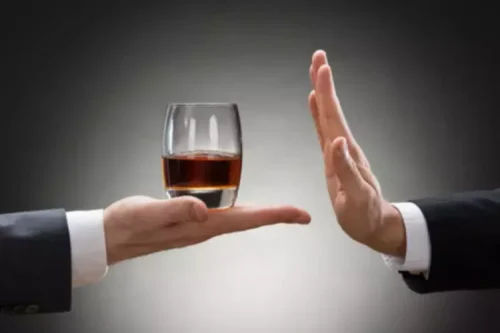
While some individuals mix substances intentionally to enhance their high, others may unknowingly combine medications with alcohol, creating unpredictable and potentially life-threatening consequences. It’s worth being cautious when it comes to mixing alcohol mixing alcohol and drugs causes an effect called and medications. Some medications pose more serious risks than others, with symptoms ranging from drowsiness and dizziness to liver damage, slowed breathing, and possibly death.
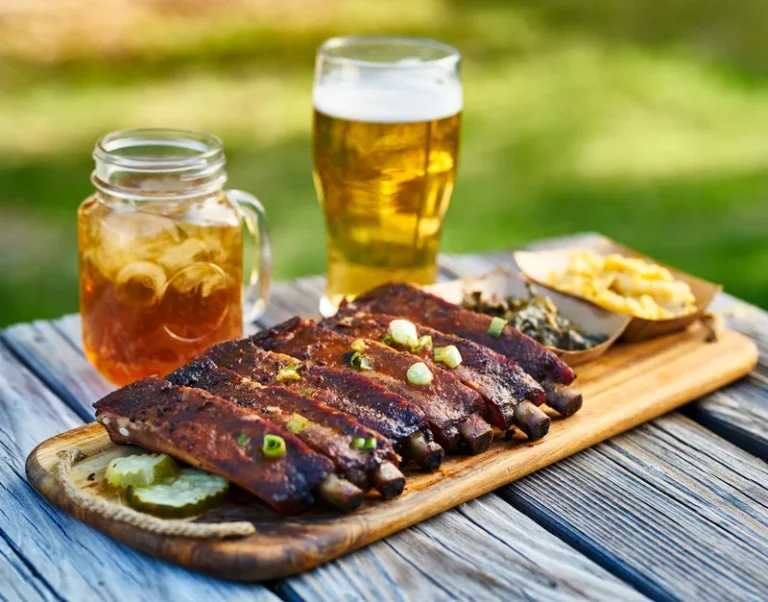
Is it OK to drink while on medication?
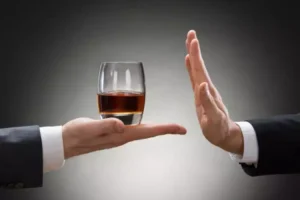
Combining opioids like oxycodone, fentanyl, or heroin with alcohol significantly increases the risk of respiratory depression, where breathing slows or stops entirely. Studies show drinking alcohol with MDMA increases stress to the heart and can lead to heart-related toxicity. Combination OTC sleep products can also contain pain medicines like acetaminophen (Tylenol PM) or ibuprofen (Aleve PM), which may increase your risk for excess doses of those medicines.
Mental Health Decline
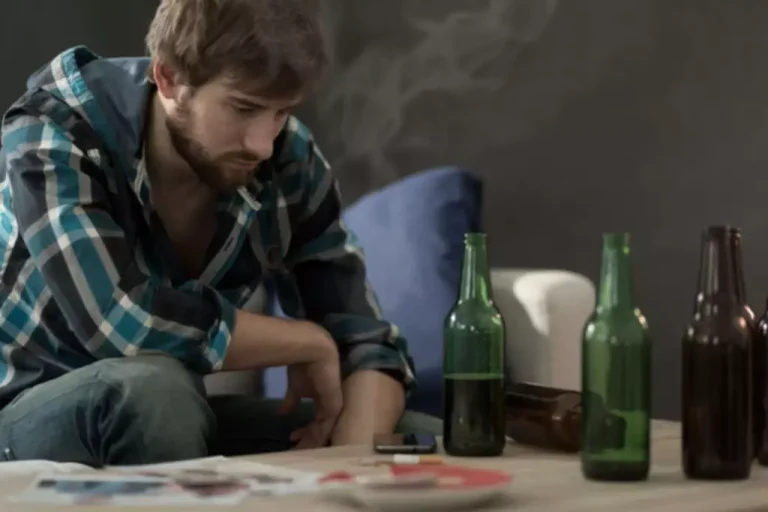
Yet medications for alcohol use disorder can work well for people who want to stop drinking or drink a lot less. High levels of ACH increases the risk of cancer, liver damage, and other reactions. Barbiturates were used more frequently in the past to help with insomnia, but safer drugs are available today. They can lead to addiction and dependence and can be especially toxic or deadly when mixed with alcohol due to breathing that may drastically slow down or stop altogether, and be fatal. You should also avoid the use of alcohol while being treated with the non-benzodiazepine medications, (often referred to as the “Z-drugs”).
What happens when you combine MDMA with alcohol?
This pamphlet lists medications that can cause harm when taken with alcohol and describes the effects that can result. The list gives the brand name by which each medicine is commonly known (for example, Benadryl®) and its generic name or active ingredient (in Benadryl®, this is diphenhydramine). The list presented here does not include all the medicines that may interact harmfully with alcohol. Most important, the list does not what is alcoholism include all the ingredients in every medication. Even among the positive studies, potential health benefits are often quite small. In addition, alcohol may reduce the risk of one condition (such as cardiovascular disease) while increasing the risk of another (such as cancer).
- The dangers of mixing alcohol with prescription drugs are well known.
- The chemicals in your brain maintain a delicate balance between excitation and inhibition.
Ask https://ecosoberhouse.com/ your pharmacist about dosing if you already take these medicines. If you have taken a medication for sleep, you should not drive, operate machinery or do any other hazardous activity. Some medicines can still lead to drowsiness in the morning and may effect your driving skills or reaction time the next day. This can lead to very unpleasant and sometimes dangerous consequences after a small amount of alcohol, including severe vomiting and raised temperature.
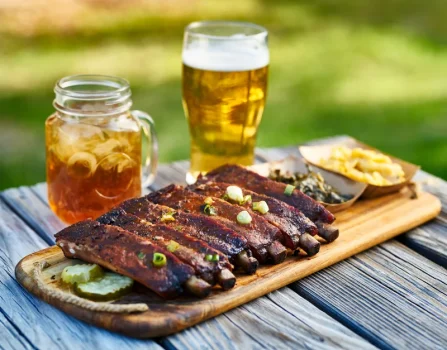
- Connect with a health care provider to learn more about what can happen when you drink alcohol and take certain medications.
- Many are exploring ways to cut back, including the Dry January Challenge or alcohol-free drinks.
- Let your doctor know if you have any side effects that interfere with your normal activities.
- Like naltrexone, acamprosate seems to work best for people who are able to stop drinking before starting treatment.
- Alcohol use also may trigger or worsen certain medical conditions.
- Alcohol and NSAIDs like ibuprofen (Advil, Motrin) or naproxen (Aleve) may cause or worsen stomach bleeding.
And remember, alcohol and medicines can have harmful interactions even if they are separated and taken at different times of the day. Alcohol is also known to strongly inhibit (or block) an enzyme in the liver known CYP2C9. When alcohol is consumed with other drugs that primarily use this enzyme for breakdown and excretion, blood levels of the other drug may theoretically increase, leading to increased side effects and toxicity. Caffeine-fueled energy drinks can be a popular mix among college students. Energy drinks mixed with alcohol can lower the feeling of intoxication, which can lead to excessive drinking and alcohol-related injuries. Alcohol and medication side effects may be especially prevalent in women.

Health Conditions
Consuming alcohol while taking lithium or valproic acid can also cause drowsiness, dizziness, and tremors. It also increases your risk of experiencing these medications’ side effects including restlessness, loss of appetite, depression, and impaired motor control. Not only will you want to avoid drinking while using the drug, but you should also avoid alcohol for several days afterward, too. If you have a nagging cough, you’ll likely reach for an over-the-counter expectorant. While the drug can quell your symptoms, if mixed with alcohol, it can result in extreme drowsiness or dizziness. Overdose symptoms might include breathing problems, blurred vision, coma, constipation, seizures, nausea, and vomiting, among other things, according to the NIH.
